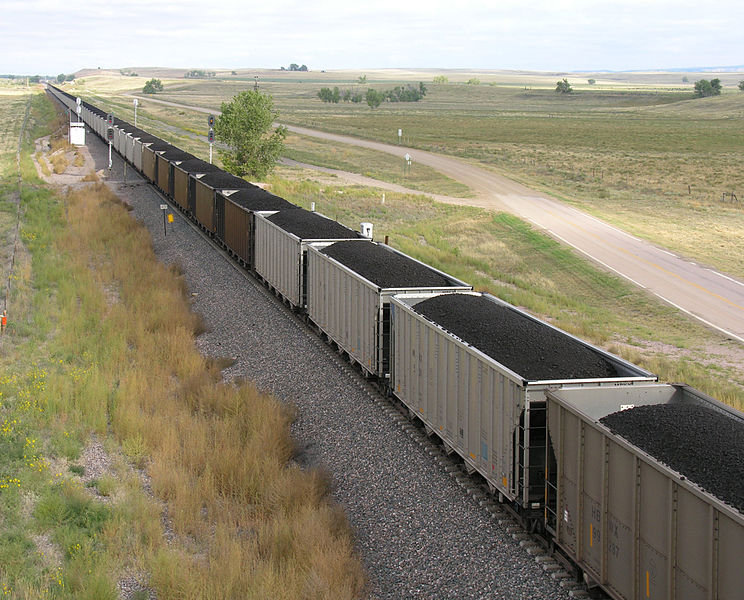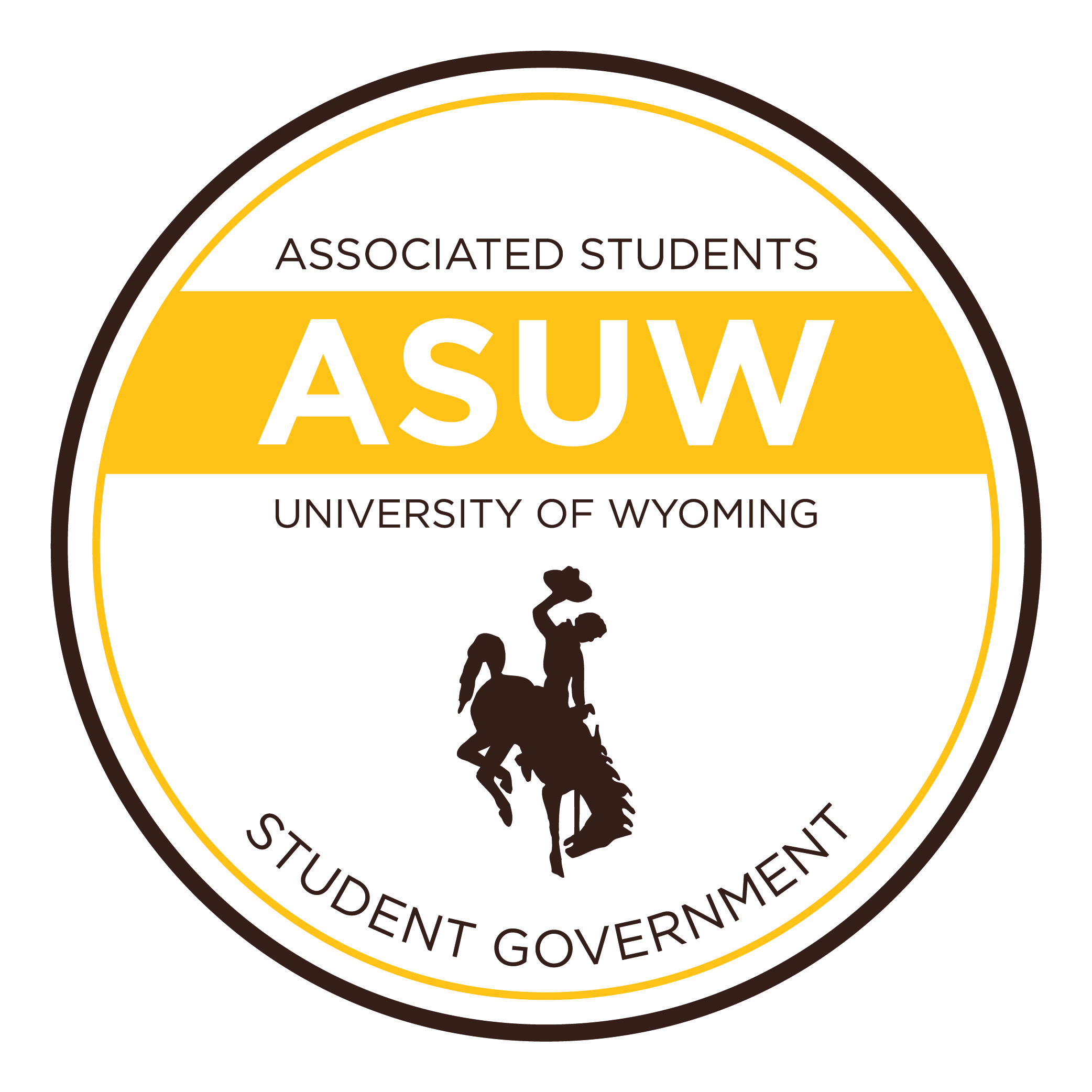A budget amendment making its way through the Wyoming legislature could grant the Wyoming Infrastructure Authority (WIA) the power to pursue projects like coal ports in other states.
The Wyoming Infrastructure Authority Amendment grants the WIA the authority to pursue infrastructure regarding Wyoming products that are not physically tied to the state. This could promote increased exports of Wyoming natural resources, such as coal.
State Senator Bill Landen (R-Natrona County) said he supports the bill.
“My support of the bill is based on the notion that anything we can do to support and open up trade by encouraging cooperation with another state is the right thing to do,” Landen said. “Any investment in access to a port to the west could potentially open markets for our products, specifically coal. That is vitally important to our economy.”
State Senator Michael Von Flatern (R-Campbell County) said he backs the bill because he wants the WIA to become a stronger force in Wyo. infrastructure discussions.
“They would be more involved and therefore be a better ambassador for the state. They might even be allowed to the table when discussions are being held in other states that have to do with Wyoming’s products,” Von Flatern said.
The bill also provides $1 billion in bonds to the WIA for the express purpose of pursuing infrastructure projects, like coal ports.
The amendments come after a legal challenge put forth by Wyoming and Montana regarding the Oregon Department of Land’s denial of a possible coal port in the Columbia River.
Wyoming Governor Matt Mead decried the decision to block the coal port as “a barrier to getting Wyoming coal to foreign markets.”
“Wyoming would lose out on coal tax revenues of $9 to $30 million per year. Revenue from coal funds public programs such as schools and infrastructure,” Mead said. A strong coal industry means thousands of direct and indirect jobs. Coal is vital here and Wyoming must assure it has a long future.” The Powder River Basin Resource Council opposes the bill and its amendments, testifying against the bill in committee for various economic reasons. A fact sheet published by the organization discusses the idea that China is doubling down on blocking coal imports, as well as highlighting the immense cost of fighting legal battles related to coal ports.
Others oppose the bill due to the increased power it grants the WIA.
Richard Garrett, energy policy analyst for the Wyoming Outdoor Council, said his organization is against expanding the WIA’s authority.
“Coal ports do not diversify and expand the Wyoming economy. There are any number of authoritative studies that agree that the amount of coal used for electric generation will steadily decline in the next 30 years,” Garrett said.
Demand for coal was down in 2014 as, “a result of slowing world coal demand growth, lower international coal prices and increasing coal output in other coal-exporting countries,” according to a report by the U.S Energy Information Administration. Wyoming produces 39 percent of the nation’s coal.

Coal is transported via train across southern Wyoming. If the Coal Port Bill succeeds coal like this will be transported all the way to China through the Pacific Northwest.



